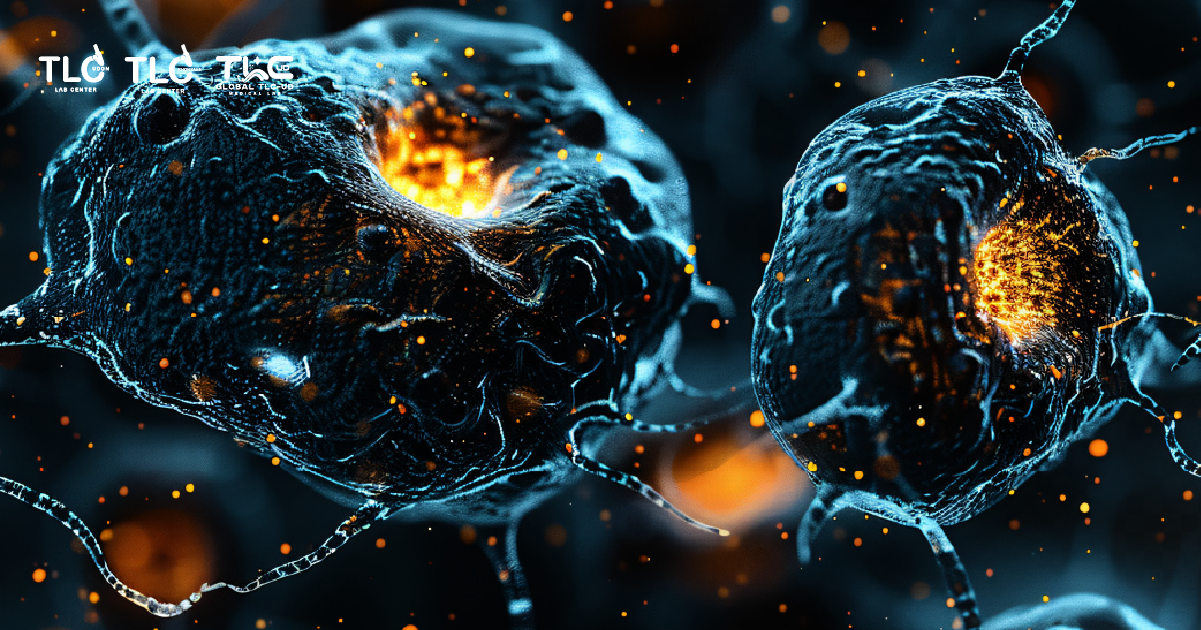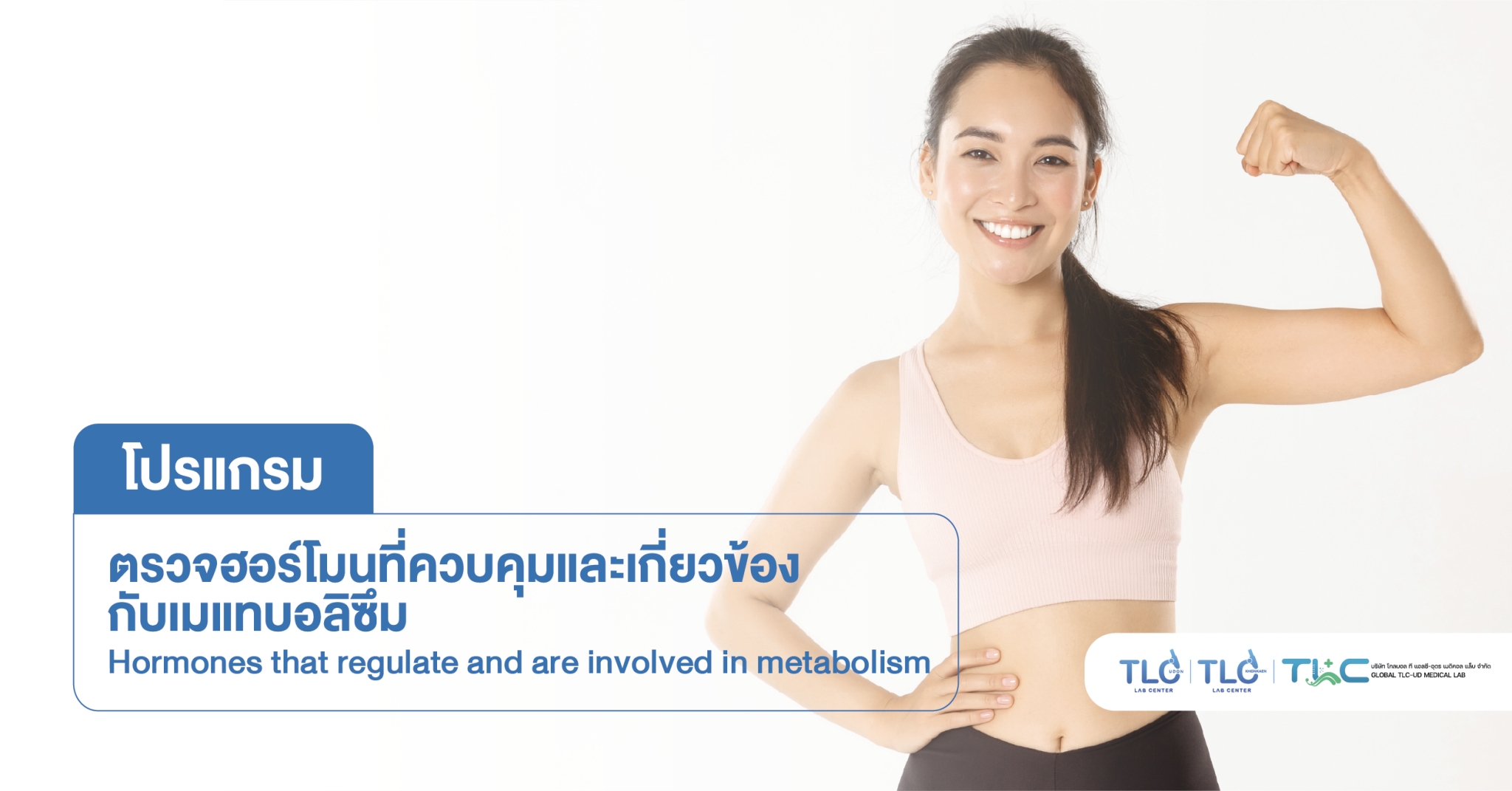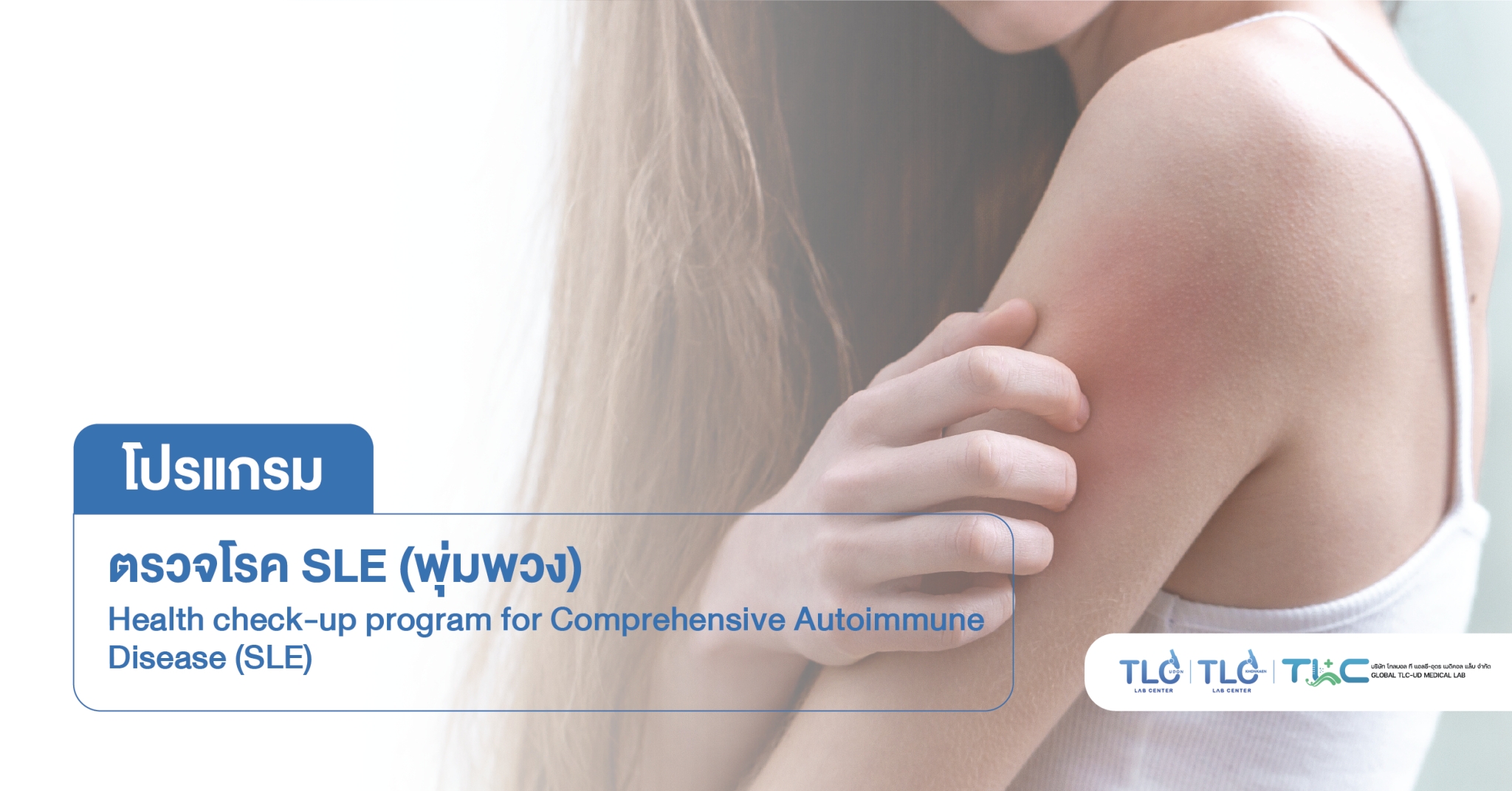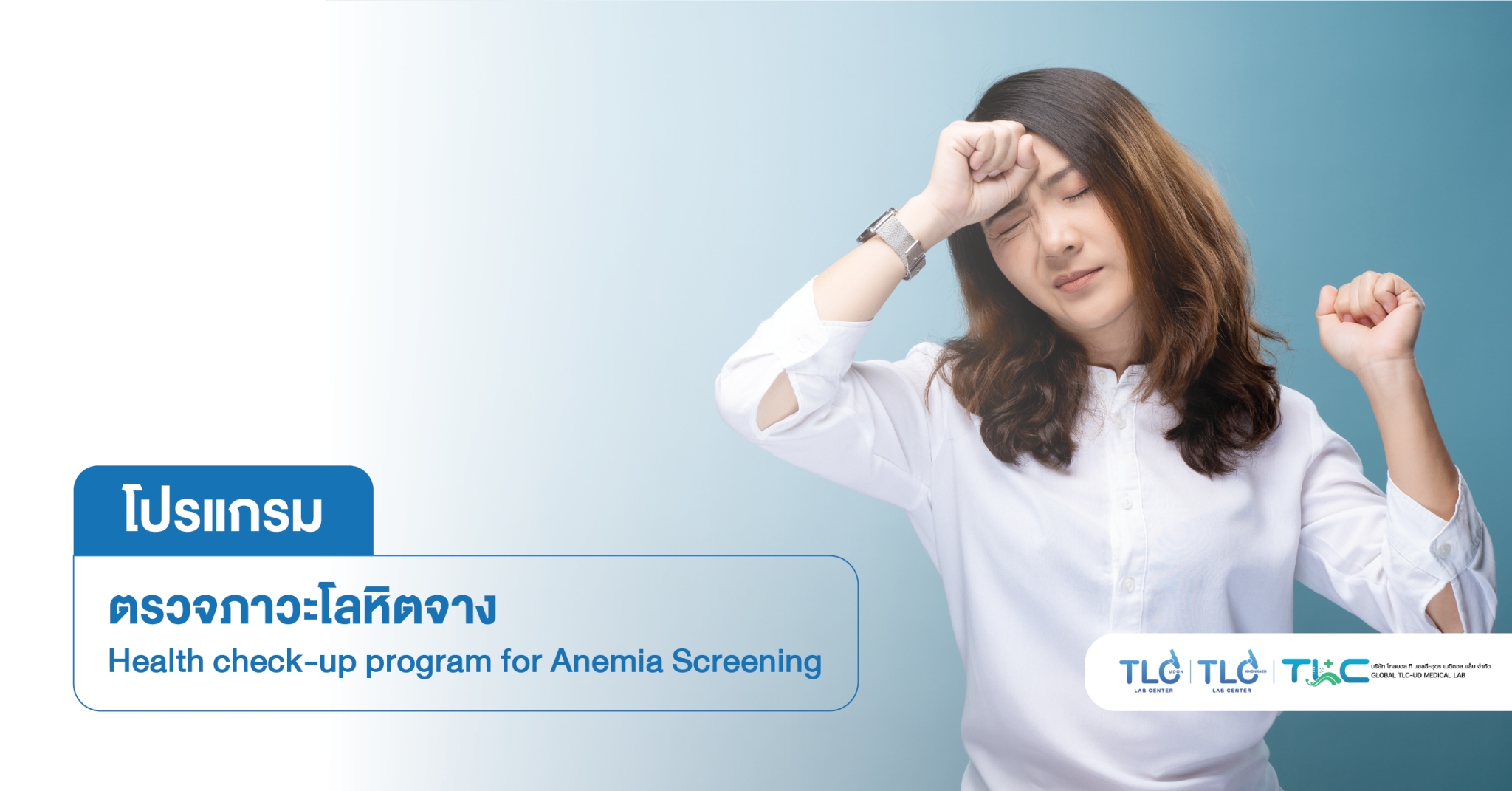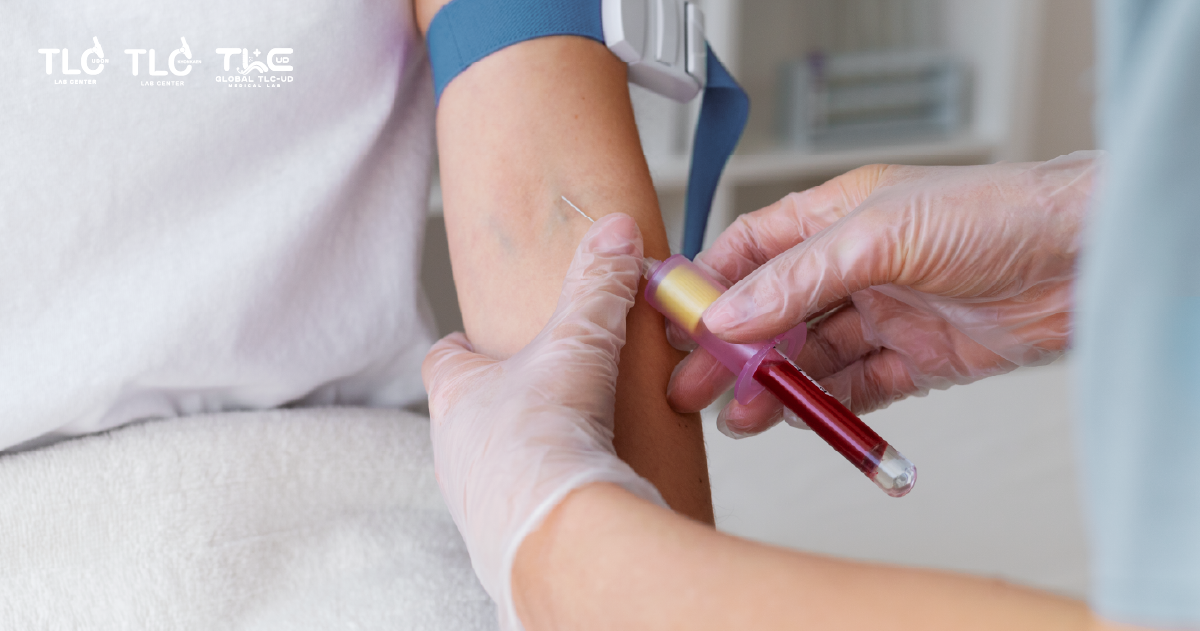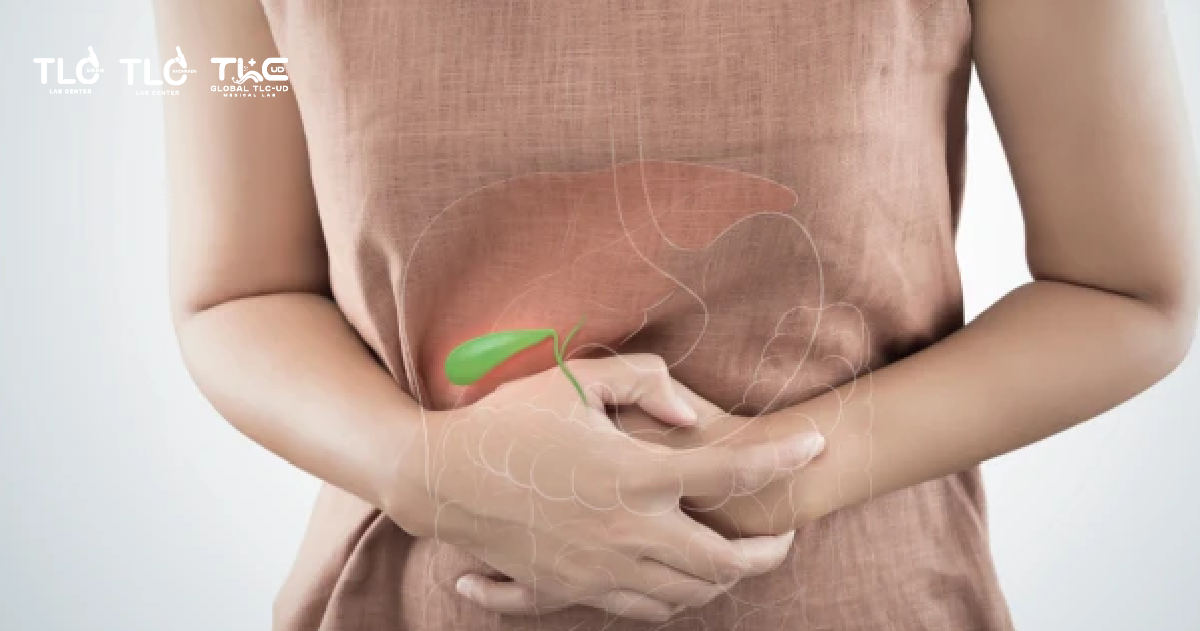Autophagy is a natural biological process in which the body “digests and removes waste materials within cells.” It eliminates damaged components and produces new, healthier cells, effectively acting as a “cellular recycling system.” This process keeps cells clean, strong, and efficient — and it is one of the body’s natural anti-ageing mechanisms. Autophagy occurs continuously within us, helping to maintain cellular balance and vitality.
Why is Autophagy Important?
Autophagy is the process by which cells clear out accumulated waste and debris, such as damaged proteins, toxins, or worn-out cell structures. This prevents harmful build-up that could interfere with normal cell function. In simple terms, it can be described as a “cellular detox” process.
How Does Autophagy Work?
Autophagy operates through three main stages:
- Encapsulation – The cell forms a membrane-bound sac called an autophagosome to enclose damaged or unwanted components.
- Degradation – The autophagosome merges with a lysosome, a sac containing digestive enzymes that break down the material inside.
- Recycling – These enzymes then break the material down into small molecules such as amino acids, which can be reused by the cell to build new structures or generate energy.
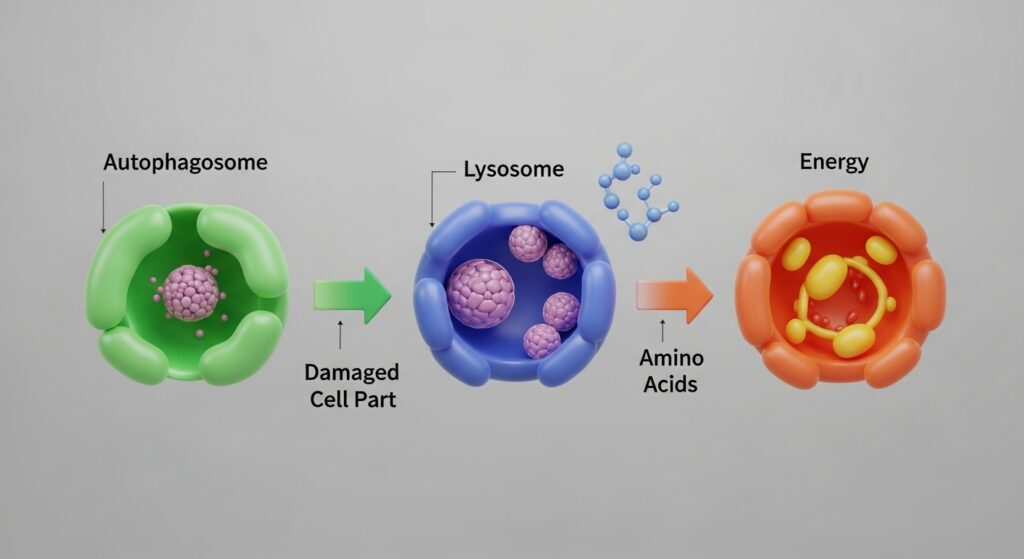
Autophagy activity increases when the body experiences stress or when free radicals are produced, as cells must adapt to survive. This makes autophagy a crucial cellular survival mechanism. Interestingly, it also recycles useful by-products — such as amino acids from protein breakdown — making it both a detoxification and recycling system for the body.
Key Benefits of Autophagy
At the cellular level, autophagy provides several major benefits:
- Anti-ageing: Slows down cellular degeneration by reducing toxin and waste accumulation — a key cause of ageing.
- Immune support: Helps destroy pathogens and foreign substances within cells.
- Reduced risk of chronic diseases: Contributes to lowering the risk of heart disease, diabetes, cancer, and neurodegenerative disorders such as Alzheimer’s and Parkinson’s.
- Cellular repair: Promotes recovery after exercise or fasting. Intermittent fasting, in particular, is known to enhance autophagy activity.
Factors that Stimulate Autophagy
- Intermittent Fasting:
One of the most effective ways to stimulate autophagy. When the body experiences a lack of nutrients, cells begin to recycle internal components for energy and repair.
Research shows that fasting for 12–24 hours can significantly activate autophagy. - Adequate Sleep:
The sleep hormone melatonin influences autophagy during rest — especially during deep sleep (slow-wave sleep) and REM sleep.
During these stages, energy use for activity decreases and shifts towards cellular repair. Autophagy functions best during this time, when stress hormones like cortisol and adrenaline are at their lowest. - Calorie Restriction or Reducing Carbohydrates and Sugar:
Even without full fasting, lowering daily calorie intake can trigger autophagy. The body adapts by optimising energy use and promoting cellular renewal. - Exercise:
Physical activity — especially resistance training and moderate-to-intense cardio — induces mild stress on muscles, stimulating autophagy-related proteins (ATGs). This leads to regeneration and strengthening of muscle and other body systems. - Reducing Oxidative Stress:
Minimising free radical damage supports balanced autophagy and protects cells from premature ageing.
References
- He, C., & Klionsky, D. J. (2009). An overview of the molecular mechanism of autophagy. Cell Research, 19(1), 1-12.
- Mizushima, N., & Levine, B. (2010). Mechanism and medical implications of mammalian autophagy. Nature Reviews Molecular Cell Biology, 11(9), 666-677.
- Galluzzi, L., Green, D. R., & Kroemer, G. (2023). Autophagy: regulator of cell death. Cell Death & Disease, 14(11), 924.

